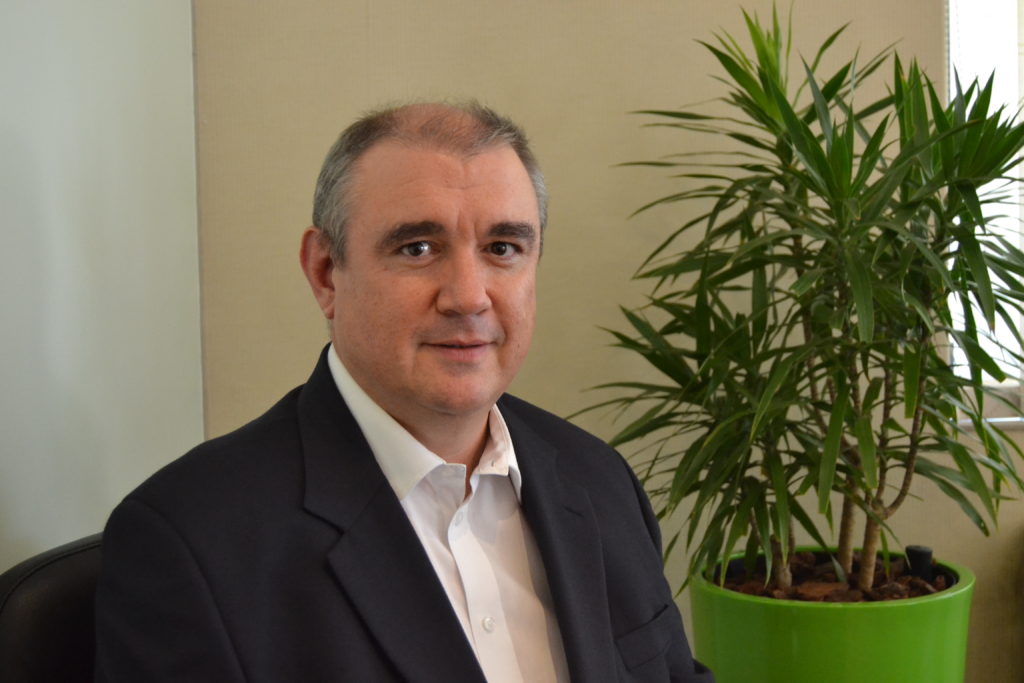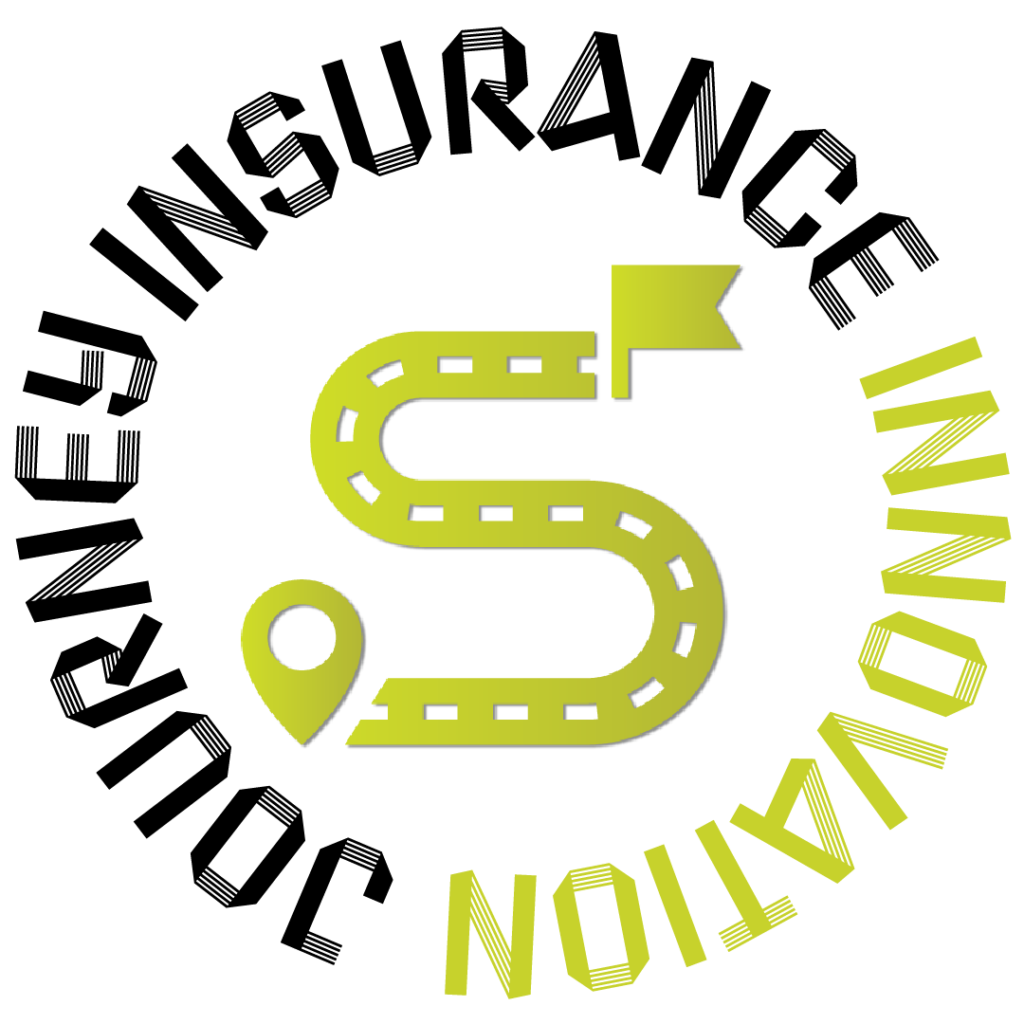By Sean Pyott, MD of thryve
For the first time in 64 years, Disney won’t be paying out a dividend. This action seems shocking, yet the market responded positively when Disney followed up with solid financial results. Is it a change in company behaviour, a move away from focusing on stakeholder value over shareholder value? Many began asking such questions.

Yet others counter: it’s not an anomaly, but demonstrates how companies will need to adjust behaviour to survive. Stable- to low-growth businesses pay dividends, while high-growth businesses do not. That’s not a reflection on their performance, but a reality of their markets. If you sell apples and most people buy apples from you, you aren’t going to have a sudden growth spurt. But you do have a stable consumer base. So you can invest heavily in improving processes that will only gain marginal efficiencies, or you can reward those who invested in your business.
Similarly, if you are in a high-growth area, you must invest in better ways to do business. Rewarding shareholders too much in that regard would be foolish – you risk killing the golden goose, and you may have to start diversifying in costly ways, such as through mergers and acquisitions.
My point is that the future won’t – or shouldn’t – make shareholder or stakeholder capitalism mutually exclusive. We risk believing that there is a single optimal way to operate a business. Instead, and something economic theorists have argued over, companies have different modes available to them – and selecting the right elements from those modes is what creates ongoing success in a dynamic world.
For several decades, digital technology had been poking at the orthodoxy of a single way to run businesses. For example, and relevant to this audience, risk management started demanding a more strategic role than where it sits peripherally. The proof came in the technology systems that made such a change possible: enterprise risk management (ERM) and integrated risk management (IRM) (and what we call ‘sense and respond’ risk management.)
Yet such proof hadn’t been enough to change entrenched habits. Amazon has long suspended dividends and only paid those out every few years. Instead, it aggressively invests earnings into moonshot projects. Some failed, but others became very successful. More proof that there isn’t just one way to run a business, yet companies such as Disney never took the advice.
Then the pandemic happened. It’s forcing the hands of economies to consider alternatives and behave differently. Some have taken this behaviour change to mean a total switch, such as to stakeholder capitalism. But it’s a mistake to think there is only one lane available. The highway has many lanes, and companies should be more agile to switch when necessary. They must also build the wisdom and guts to switch when needed. Galvanising this for me is how risk, after years of motivating itself as a strategic asset, now suddenly is a very strategic asset. One virus did what decades of proof couldn’t.
Hopefully, 2021 will be characterised by the lack of orthodoxy. There are many different ways to run a business, and we have at our disposal technologies that can make people and processes more responsive and aware. Why did Disney never suspend its dividend? Fear. It feared it would look weak, and it would get attacked by shareholders. Above all – it would destabilise a behemoth by not doing what it knew worked. It took fewer risks than it could. But add some better visibility and agility to that, and those types of fear can diminish.
What the pandemic did was force our world to act despite fear. It will impact how we run economies and politics, and whether we will have the guts to face serious emerging issues such as growing inequality or global warming. Maybe I’m a little too holistic in my thinking, but I do think there is a connection between the risks we take every day in our companies and how we feel about the greater issues facing our world. The chance to realise that connection is what the brave new world of 2021 offers.


